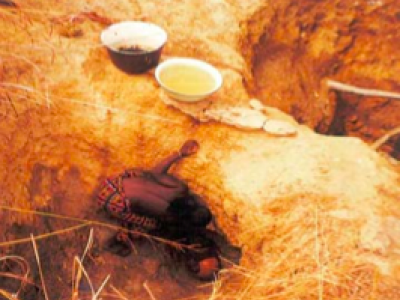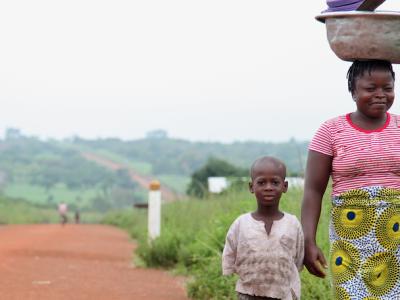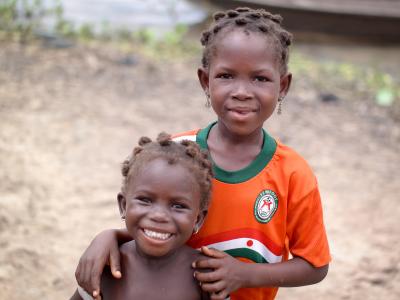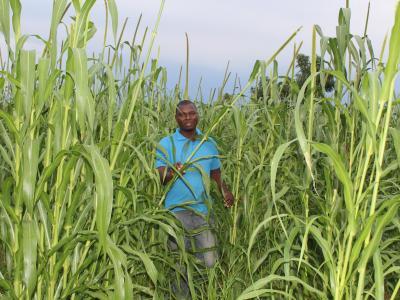In Benin, like most other coastal nations, a high proportion of the population and the largest city are on the coast. In Benin's case, half the nation's population (over 3 million inhabitants) is on the coast and in the city of Cotonou, in the Gulf of Guinea. The coastal location is important to Cotonou's economy but the coastal region is vulnerable to sea-level rise, with potentially catastrophic impacts on the economy, the population and natural systems. The continued advance of the sea, coastal erosion and the rise in sea level, exacerbated by human activity on the coast, have medium- and long-term consequences that are already threatening vulnerable communities and disrupting the least-protected sensitive ecosystems. This paper focuses on the erosion of Benin's coastal region, and analyzes biophysical and socioeconomic vulnerability to the rising sea levels and coastal erosion affecting the city of Cotonou and its coastal plain; it also discusses the ways in which vulnerability could be reduced.
Village-Based Management of Woody Savanna and the Establishment of Woodlots for Carbon Sequestration project’s main activities are centered around three government-owned protected forest areas covering about 126,700 hectares. Eight government ministries and numerous local and national nongovernmental organizations will coordinate extensive planning to maintain a sustained yield of various forest products, especially timber, which is scarce in the target area. The management plan envisioned must integrate inventory and growth data, maps of vegetation types and acreage, site conditions, and all relevant social and economic data. The plan will indicate where reforestation or other improvements are needed and which species and stands of timber may be scheduled for harvesting in the years ahead. Fire protection systems, wildlife management, and sustainable livestock-grazing schemes are also crucial components of the plan.
Benin has shown a strong commitment to issues relating to the global environment and sustainable development. This project builds on that commitment by supplying the Government of Benin with the financial and technical resources necessary for them to:
- Educate target groups of peasant farmers, herders, hunters, and traditional beekeepers on the crucial social, economic, and ecological role of trees in woody savannas
- Educate women on how to build improved, energy-saving cooking stoves
- Engage local people in the development of rules, techniques, and management plans for the sustainable, multipurpose use of forest resources
- Empower local people to implement sustainable forest management plans.
Active Projects
Projects Completed
Latest Updates
See allJuly 2019. With funding from the global Green Climate Fund and support from the…
Government of Benin launches GEF-financed 'Sustainable Livelihoods' project with support from UNDP









